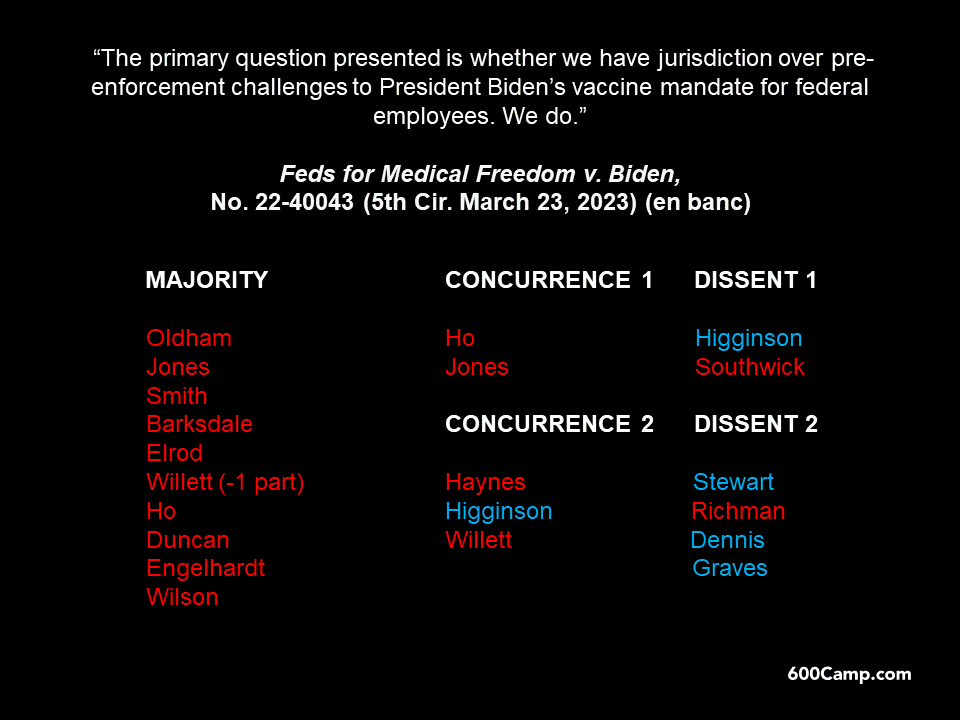Following Pepi Corp. v. Galliford, 254 S.W.3d 457, 462 (Tex. App.—Houston [1st Dist.] 2007, pet. denied.), the Fifth Circuit summarized when a quantum meruit claim could be pursued even when an express contract applies:
“First, recovery in quantum meruit is allowed when a plaintiff has partially performed an express contract but, because of the defendant’s breach, the plaintiff is prevented from completing the contract. …
Second, “[r]ecovery in quantum meruit is sometimes permitted when a plaintiff partially performs an express contract that is unilateral in nature.” [and]
Third, “a breaching plaintiff in a construction contract can recover the reasonable value of services less any damages suffered by the defendant if the defendant accepts and retains ‘the benefits arising as a direct result of the plaintiff’s partial performance.’”
Credos Indus. Supplies & Rentals, LLC v. Targa Pipeline Mid-Cont. WestTex, LLC, No. 22-20480-CV (March 24, 2023).




